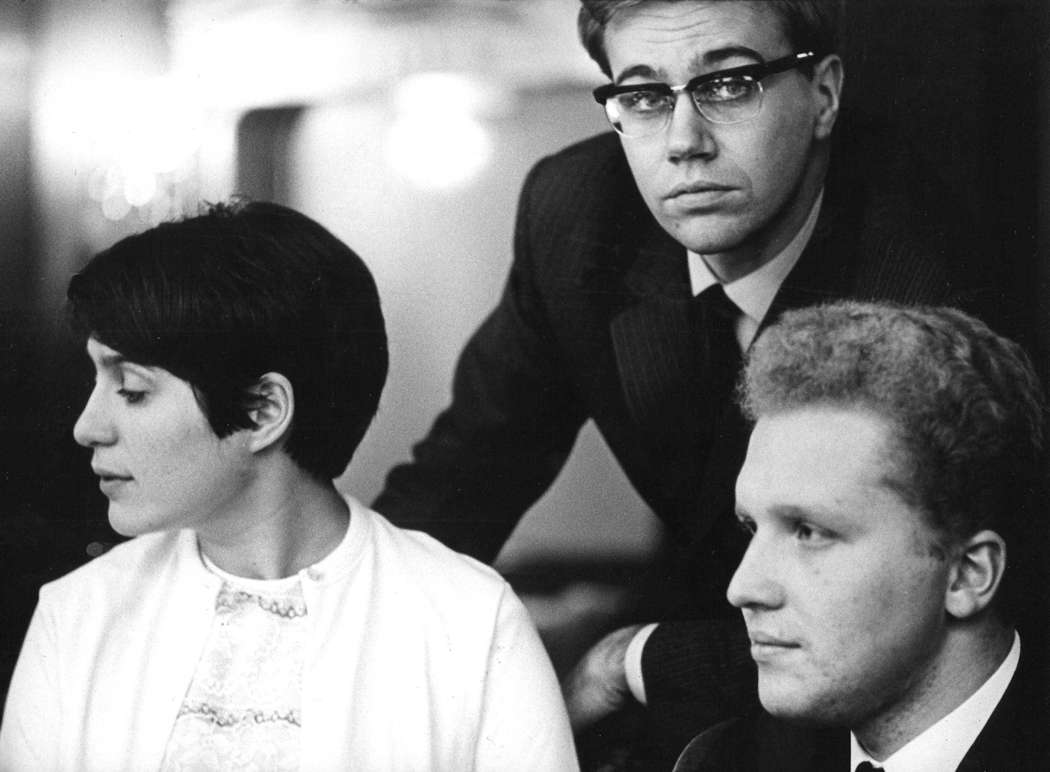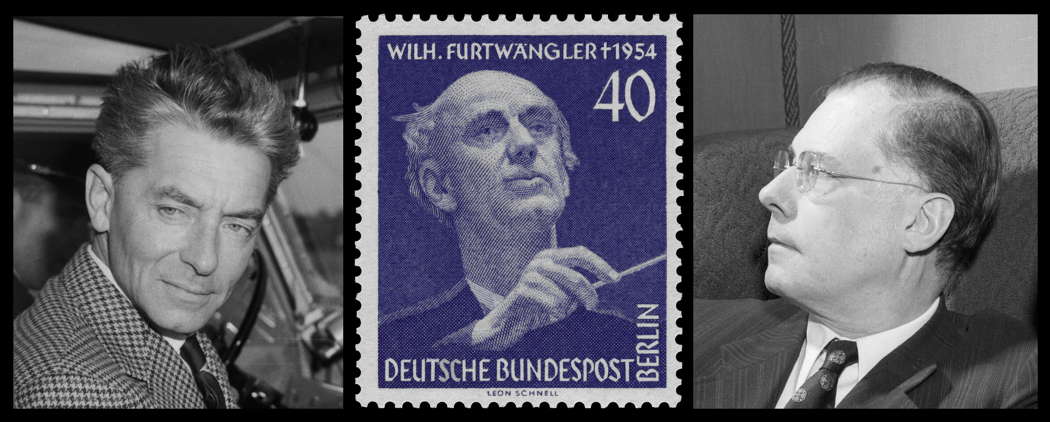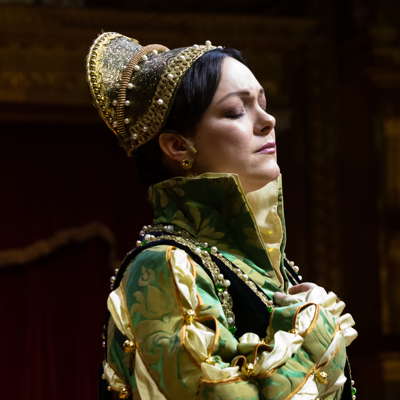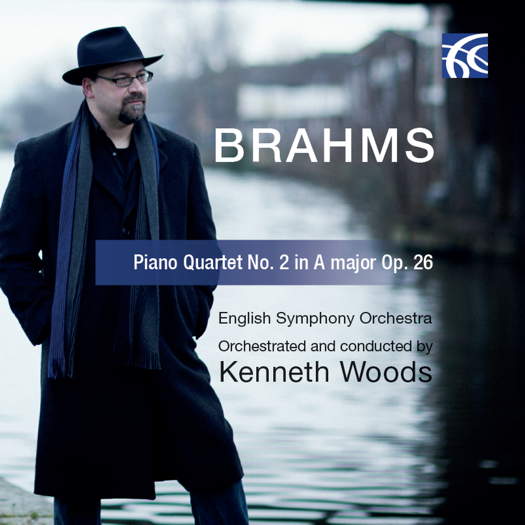- Barbican Centre
- James Brawn
- Opera Barga
- Ervín Schulhoff
- Brigitte Reiffenstuel
- Makoto Moroi
- Toyin Spellman-Diaz
- Richard Strauss: Don Juan
TO TALK OR NOT TO TALK

BÉLA HARTMANN discusses whether or not musicians should speak out in public
There is a curious phenomenon doing the rounds. Some people are being criticised for speaking their mind on topics either of a general nature or of their own expertise (vis Gary Lineker or Simon Rattle) on top of fulfilling their normal duties. Others are being ostracised for not speaking their mind, or not clearly enough, even though to do so could come at great personal risk (viz Elisabeth Leonskaja and countless other Russian - or Greek - musicians and artists).

Pentti Koskinen's October 1967 photo of Russian pianist Elisabeth Leonskaja (born 1945), Finnish cellist Arto Noras (born 1942) and Russian violinist Oleg Kagan (1946–1990), who toured Finland as a trio
It's very confusing for musicians these days - are we meant to speak our mind to power or not? Does the audience want to hear what we think, or would they rather we just got on and played? Is it our moral duty to speak up, or is it a nuisance? Just recently an article in The Guardian told me that as an artist my biography and my work are inseparable, but also I should just get on with my job, as people come to listen to my music and not my opinions.
Facetiousness aside, I personally feel artists should stay out of politics as much as possible, because it is my belief that art is best when it has centre stage, and is not some backing track for an unrelated message. Unspectacular clothing, a helpful but not distracting environment, a quiet attentive audience, all this helps me focus on what I come to see when I attend a concert. Of course I have no difficulty in understanding other points of view on this, we are all entitled to our opinions. A musician, or God Forbid a footballer, lecturing me on what is right or wrong is not very helpful in focusing my mind on Chopin or Stravinsky, or even the Liverpool-Chelsea match.
But on rare occasions, and they are rare, when a particularly urgent situation arises it seems fair enough that the musician might be allowed to also be a person who speaks their mind, and does so in a situation that ensures they will be heard. Doubtless there will be people who don't agree with what they hear, but that will be the same wherever an opinion is aired, possibly even in a private living room - and it would be unreasonable to expect someone to go out of their way to ensure as few people as possible hear their message. It's no good to insist that we are all allowed to speak our mind as long as there is no chance we will actually be noticed or even - horror of horrors - influence people. The permission to air statements, even misleading or objectionable ones, cannot be reserved for politicians and newspapers.
On the other hand we should not demand such statements from others only because we feel they would be justified. There is a difference between cheering something on, as Karl Böhm and Herbert von Karajan did in Germany in the 1930s, and trying to get by without getting too involved, as Wilhelm Furtwängler and many others did.

From left to right, conductors Herbert von Karajan (1908-1989) at Schipol in 1963, Wilhelm Furtwängler (1886-1954) on a 1955 postage stamp for West Berlin and Karl Böhm (1894-1981) in the 1950s
Whether the latter still deserve criticism is a fair question, but it surely is a different order. Russian musicians, or even Georgian musicians, deserve the right to play to their home audiences even when things are going badly. If we become too judgemental about everyone else we will be harshly judged ourselves. Where were we when the people of Baghdad were being bombed? Where is our responsibility for the utter chaos of the Middle East? Where were our protests when the people of the Chagos Islands were told to leave and find somewhere else to live? It is not my intent to equate all the ills that have been wrought by our or other governments, but only to point out that we cannot assume to be the sole judges of what is right and wrong and condemn everyone who holds other views. If we had to condemn any artist who failed to actively campaign against their government when that government commits what can be regarded as criminal acts, well, we would get into very hot water indeed.
I have great respect for those musicians who speak out when the occasion demands it and am grateful that it doesn't happen too often. But to simultaneously condemn people for speaking up and others for not speaking up seems more like an agenda than a defensible social position. Let us be grateful for people who stand up with principles, and let us forgive and try to understand those who don't. They may have reasons that are not entirely reprehensible.
Copyright © 16 May 2023
Béla Hartmann,
Surrey, UK




